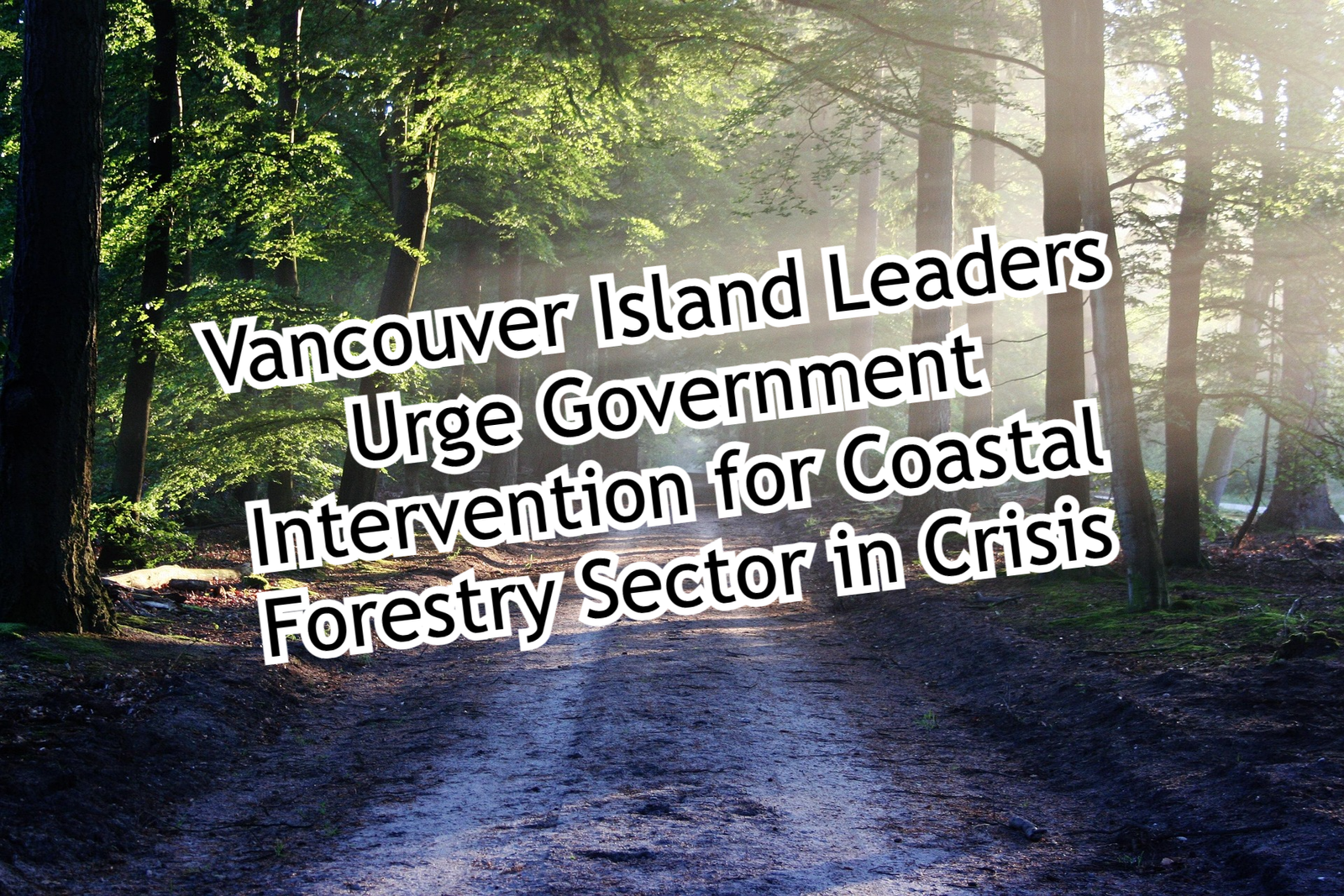A group of elected officials from Vancouver Island is calling on both provincial and federal governments to intervene and address the escalating challenges facing the coastal forestry sector.
A Sector in Decline
Forestry operations along British Columbia’s coast are in steep decline. The industry is grappling with a combination of high production costs, dwindling demand for traditional forest products, inadequate infrastructure (especially in transportation), labour shortages, and complex regulatory hurdles. These pressures are taking a toll on mills, small forestry businesses, and the communities that rely on timber for economic survival.
A major concern is the erosion of competitiveness compared to forestry operations in other regions. Rising transportation expenses, slow permitting processes, and increasingly stringent environmental regulations—without adequate support—are making coastal forestry less sustainable. The consequences have been stark: mill closures, job losses, and shrinking municipal tax bases, which in turn strain local services.
What the Coalition Is Proposing
Island representatives are urging governments to implement a coordinated support plan, which includes:
- Infrastructure investment: Funding for roads, ports, and rail to lower transport costs and improve market access.
- Innovation incentives: Support for value-added wood manufacturing to reduce reliance on raw log exports.
- Regulatory reform: Streamlining approval processes while maintaining environmental protections.
- Labour development: Training and retention programs to address workforce shortages, especially in remote areas.
- Indigenous partnerships: Strengthening collaboration in forest management and economic development, with respect for Indigenous rights and expertise.
- Trade support: Exploring new markets and reducing export barriers for forest products.
Why Urgency Matters
Forestry remains a cornerstone of economic stability for many Island communities, particularly in remote and forest-rich areas. With shifting global demand and intensifying competition, leaders warn that without swift intervention, the region risks long-term economic damage.
They also emphasize that a weakened forestry sector threatens responsible forest stewardship. Financially strained operators may be forced to cut corners or forego sustainable practices—jeopardizing both environmental health and future viability.










